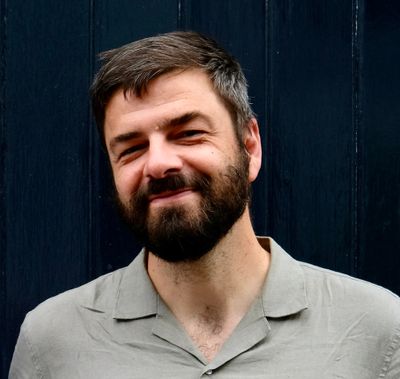I’ve been trying to implement daily habits over the past couple of months. Writing, push-ups, taking a walk, writing a diary. Those are my key habits that I want to practice every day.
Initially, I committed myself to writing before noon, while never checking my email until later in the day as well. As my days started getting slightly more chaotic, I lost track of writing, and it’d slip.
The further into the day my writing would slip, the more stressed out I would be about it. At the same time, all the impressions I collected during the day would cloud my head, keeping it busy thinking about other things rather than focus on writing, or focus on anything.
This is only natural. As colleagues wake up, as work and communication in the team and with customers progresses throughout the day, lots of topics are touched, making you think about other things than what you wanted to write about.
I’ve been trying the Pomodoro technique a while ago. It definitely helped me focus on writing, when I was working on the Riak Handbook. I found it not so helpful for my every day work in a team though, as work seemed to bubble up more than I could plan for it.
But what I figured out does help is to timebox some of your routine tasks. Daily habits can be fostered by setting a schedule. I already started doing that by setting my email processing schedule to be no sooner than noon.
Why not apply the same to writing, reading and push-ups, those things I want to do every day?
My day now starts with reading, I even get up slightly earlier for it. I get the push-ups out of the way before breakfast, and I focus on getting my writing done before 10:00. Boom, that’s already half of my daily todo list done. On top of that, the day started with a quiet moment with just a book and a cup of coffee.
In the evening, I close my laptop no later than 20:00, so I have time for myself, and for my family. My goal is to go earlier than that.
Setting daily schedules for those routines, whether they’re things you really want to do or they’re things that you have to do, helps reduce the impact of them. You can focus on getting them out of the way without getting too stressed out about them.
